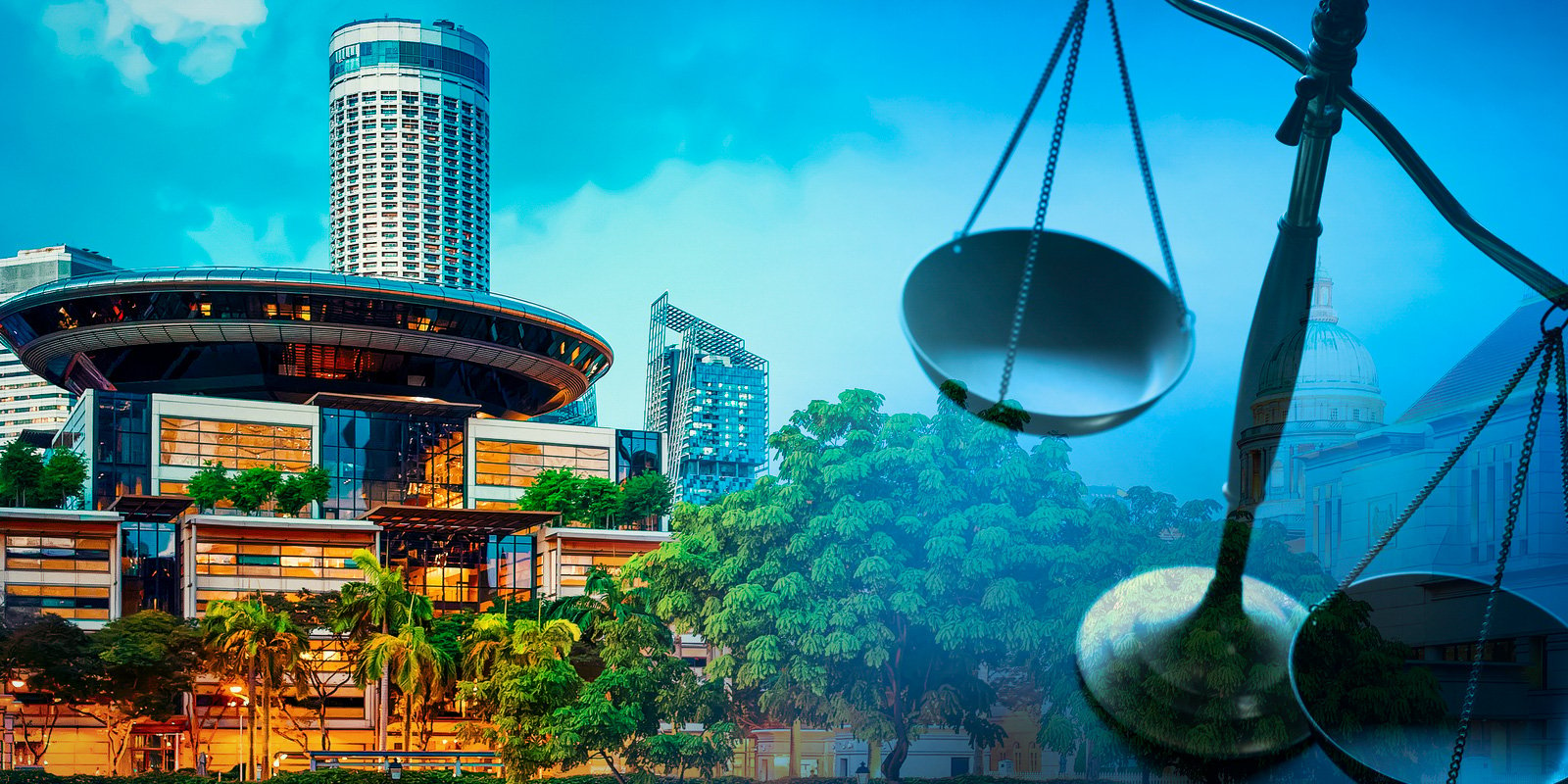
Witness-Gating: Arbitrator's Denial of Witness Evidence at Hearing Deemed Breach of Natural Justice in Singapore
While tribunals in Singapore enjoy wide discretion in managing procedural and evidentiary matters in arbitrations, that discretion is not unfettered and does not necessarily allow a tribunal to deny parties the right to present witness evidence at a hearing.
On 20 January 2021, the Singapore Court of Appeal in CBS v CBP [2021] SGCA 4 held that an arbitrator's decision to prohibit the parties from presenting any witness evidence at a hearing amounted to a breach of natural justice, and upheld the Singapore High Court's earlier decision setting aside the resulting arbitral award on that basis.
The case involved an arbitration under the Rules of the Singapore Chamber of Maritime Arbitration ("SCMA Rules"). The respondent had not filed any witness statements but requested a hearing to present oral witness evidence. In response, the sole arbitrator ruled that he would determine if a hearing was necessary only after the respondent had submitted witness statements, so that he could evaluate if there was "substantive value" in having those witnesses present evidence at the hearing. When the respondent refused to submit the witness statements, the arbitrator convened a hearing for "oral submissions only" (i.e., a hearing without any witnesses) under Rule 28.1 of the SCMA Rules and ultimately issued an award in favour of the claimant.
The respondent subsequently commenced proceedings before the Singapore High Court, seeking to set aside the final award. The High Court agreed with the respondent that there had been a breach of natural justice, and further found that the respondent was prejudiced by the breach, which warranted setting aside the final award in its entirety. The claimant appealed the decision of the High Court to the Singapore Court of Appeal.
The Court of Appeal reaffirmed that "the parties' right to be heard in legal proceedings is a fundamental rule of natural justice." In this regard, Article 18 of the UNCITRAL Model Law on International Commercial Arbitration (which has force of law in Singapore) requires that each party have a "full opportunity" to present its case. The Court agreed that what constitutes a "full opportunity" will depend on the facts and circumstances of each case, and recognized that tribunals generally have broad case management powers. However, excluding the entirety of a party's witness evidence, in cases where the applicable rules do not give the arbitrator such express authority, constitutes a serious breach of natural justice.
The Court also clarified that while Rule 28.1 allows parties to agree to a documents-only arbitration or to dispense with a hearing altogether, the tribunal must hold a hearing for oral witness evidence if a party so requests (subject to certain limits). Nor can a tribunal impose a condition that a party must show that its evidence has "substantive value" before deciding whether to hold an oral hearing. Unless the applicable arbitration rules or law confer a broad and unqualified power on the tribunal to gate witnesses (such as the LMAA Rules), tribunals must provide the parties an opportunity to present witness evidence at a hearing if they wish to do so, or risk having the arbitral award set aside or barred enforcement for breach of natural justice.
The case potentially has implications beyond SCMA arbitrations as not all arbitration rules and laws specifically address the tribunal's powers to exclude witnesses. Ultimately this issue will turn from case to case on the applicable arbitration rules and law and any agreements between the parties. Nevertheless, the CBS v CBP decision sets down an important marker on the "right to be heard" and what that means in practice.



